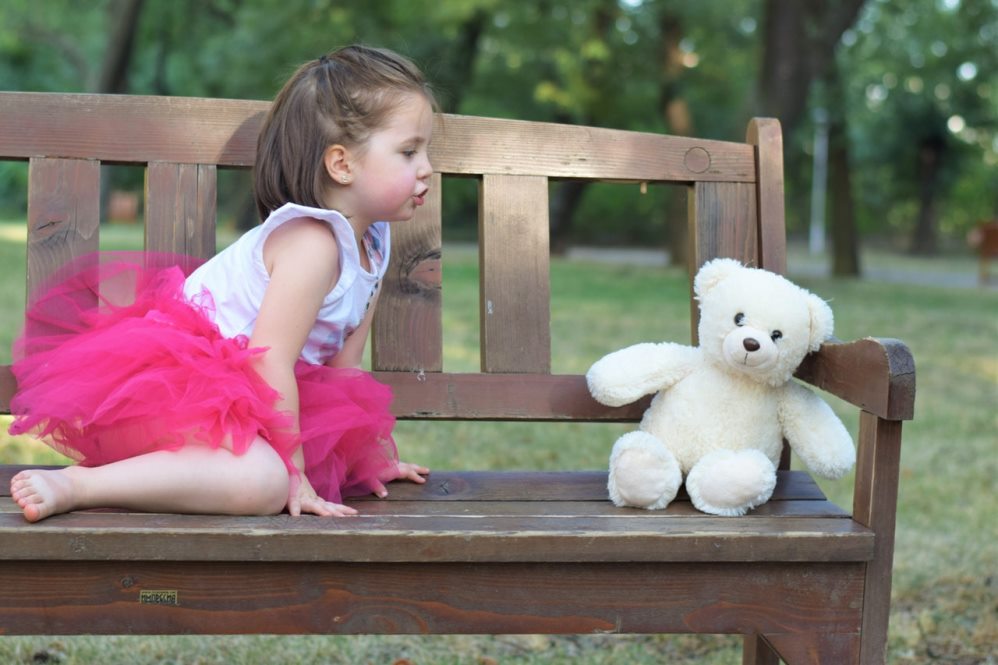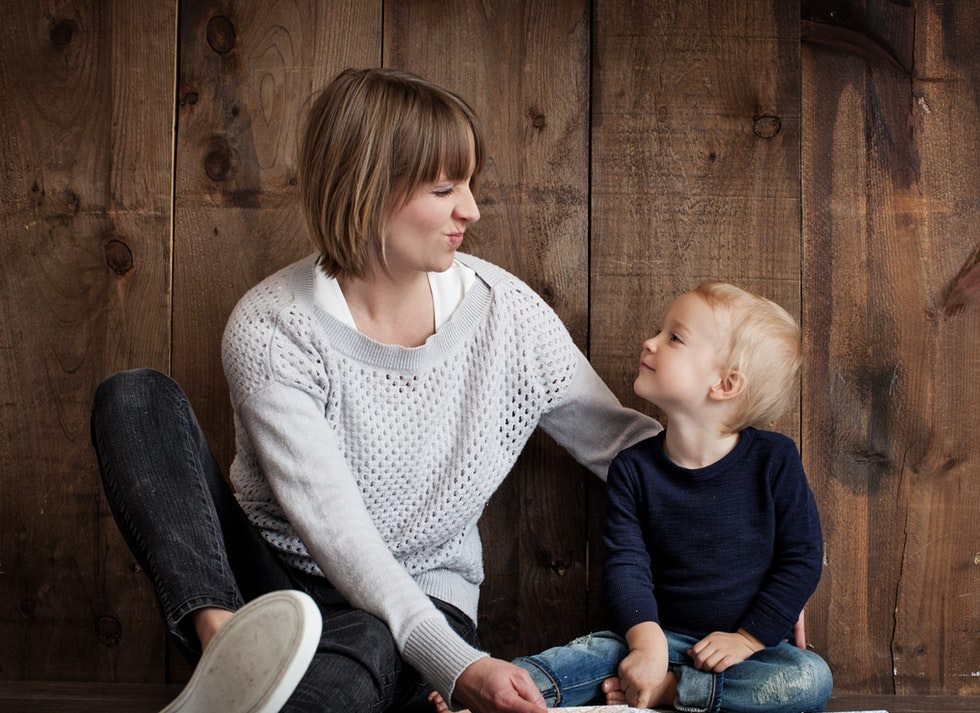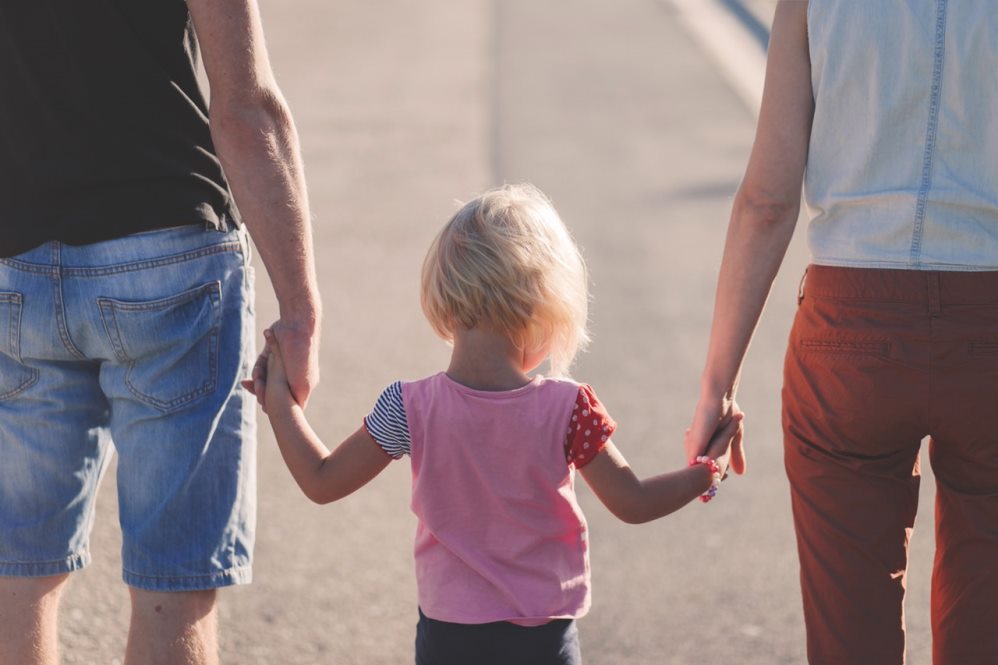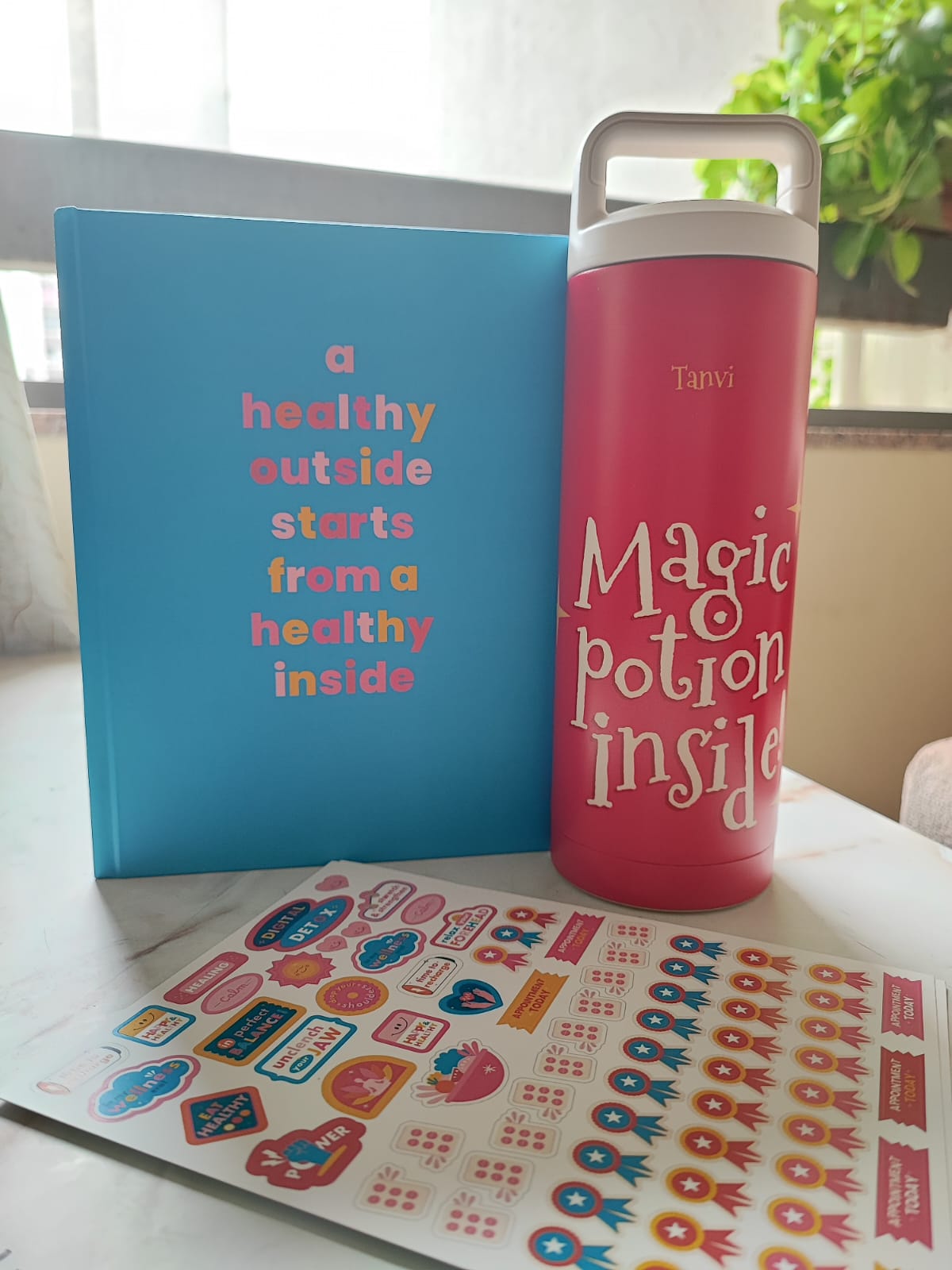It feels sorry to hear and read about so many gross incidents happening to kids all around the world. Even infants have not been left untouched from such things. My parents had not thought about such things during our upbringing. The reason for this might be either ignorance or even the fact that the world was a better place to live in at that time. It still is, however, some things have changed.
Every parent wants to make the surroundings of their kids safe and secure. Some parents do not even expose their children to the news on child abuse, let alone teach them what abuse is. However, as parents it is our responsibility to make our kids strong and independent. They should be tough enough to escape from such situations and even save other individuals from the same.
How to Begin the Subject of Child Abuse
You have protected your child from several things, right from day one. Talking about child abuse and teaching them how to save themselves from it might seem difficult to you. However, you need to teach them about bad touch and good touch as soon as they seem to understand. And if you think that the age of understanding is age seven, then you are wrong. It is as early as age two. Bad touch and good touch are basics. Think about infants who could not escape out of such situations but a two year old can, if the toddler knows what is good and what is bad.
Further, you need to have good ears. You need to listen to everything what your kid tells you. As a mother of toddler, I very well understand that your child keeps on talking the entire day. How can one listen to everything what he says? However, it is your responsibility to have good pair of ears. You need to make them feel that you listen to. Make a conversation with your kids. Make them know that you are always there for them. This security that they feel with you is the starting point of preventing such abusive incidents.
How to Prevent Abuse in Case of Toddlers (Age 2-4)

Every age brings with it a new set of challenges. And kids between age two to four are quite delicate for this subject. Your onus is to begin teaching them about strangers; bad touch and good touch and let them know that you are there for them. Listen to their stories and look for suspicious things.
Right from the beginning, you need to use the right language for vagina and penis. While some parents completely avoid talking about private parts, you need not be one of them. This is the time to educate them about private parts and private area. Your child should know that besides parents and health provider, no one (and by no one means no one) can touch her/him there. Your child needs to be vocal when somebody does that. He/she child needs to tell you if somebody touches her inappropriately. With toddlers, bath time is an appropriate time to talk about these things. They are practically free that time and are ready to listen.
Many kids do not want to talk to new people, in spite of you talking to such people. They do not feel the security. You need not force them to talk to people who they think are strangers. You can inform such friends or relatives that your kid will warm up gradually. Some strangers have a habit of pulling the cheeks of kids, saying that they are cute. If your child does not like such things, do not force him to like it. Inform the person in presence of your child that your child is not comfortable when strangers touch him. Be a safe haven for your child. Express this to your child on a regular basis.
Whenever she feels scared or worried, she can always come to you. You will listen to her. Never avoid the curious questions of your kids. If you are not able to answer questions about sexuality, please search for age appropriate answers on the internet. If you do not answer your kids, they will learn about it from other sources, which may not be right.
How to Prevent Abuse in Case of Children (Age 5-9)

You need to be supportive for your child. If your child does not like handshakes, hugs and kisses even from elders in family, you need to express this by telling them that your child is not ready for a hug at present.
Your language should be such that your relatives get the message in a subtle manner and even your child understands that you are there for him or her. Further, do not let guilt override your emotions if, God forbids, something happens to your kids. Firstly, let the kid know that it is not his fault, be it son or daughter. Do not differentiate between genders. This also means that never tell your daughter that she needs to be extra cautious. It will only make her weak emotionally.
How to Prevent Abuse in Case of Teens

It is quite difficult to make teenagers understand. Many teens think that they know more than their parents and nothing wrong can happen to them. At times, they even feel more comfortable with friends rather than parents and relatives. For teens, you need to make them aware of abusive incidents happening all round the world. You need not scare them but just talk to them regarding this. Choose an appropriate time for this. Timing is quite important to talk about such things. Make them aware that strangers pretend to be someone else on the internet. They need to be cautious when online. Teens often face peer pressure when it comes to dating, smoking and other activities. Inform your kids about the difference between right and wrong things. Your teen might feel irritated when you talk about this. But, you can keep the information precise and interesting.
Remember that euphemism and metaphor do not work. Bird and bees is the thing of past now. With so much information around, teens already know about this. Tell your teens that you love them and make them realize this. Tell them that if someone misbehaves with them, it would not be their fault. They can always talk to you about such things. And that you will not reprimand them. With teens, it is necessary that you need to monitor their gadgets and devices. Porn is easily available these days and you need to find out ways to block the sources. Take the help of an expert to manage the controls. Further, you need to ask your friend / relative (with whom your teen is close) to make small talk on a regular basis. During such conversations, your teen can open up and reveal his/her emotions.
How to Prevent Abuse at School/Daycare

While searching for a school for your kid, do not only pay attention to the teaching methods and activities, you need to also check the infrastructure. The washrooms should not be secluded and in the open. They should be close enough to the classrooms or under the supervision of an attendant. The classrooms should have a window. Teachers should welcome surprise view by parents through such windows. The buses that ferry the kid need to at least have one attendant. This is the age of CCTV cameras; such places should be under surveillance to make things easier for parents. Background reference check should be made mandatory for every working member of the facility.
Things You Can Do to Prevent Child Abuse

You cannot keep your child under the wraps. Your kid will eventually grow up and go to different places – play area, kindergarten, school and even independent play dates. While you cannot accompany your kid every time, you can at least make sure that the child is safe and secure.
Encourage kids to talk to you – some kids talk and some do not want to. They are either reserved, not much talkative or might feel that you are not interested in their conversations. Whatever is the case, ask your kids to talk to you! When they return from school, ask them about their day, who their friends are, how do teachers behave and such things. When they question you about some situations, take some time and then answer them.
Create awareness – as a parent, you need to be informed about happenings around the world. Yes, facts and figures matter. The criminals’ face and identification also matters. Do not be scared by the figures and become overprotective. Just grasp in the information and look for events in the life of your child. If you find something wrong, discuss it with your kid.
Spot the Red Flags – it is very difficult for a kid to talk about abusive incidents, even when they are emotionally strong. Hence, the onus lies on you to look for anything amiss. If they are scared of a person, ask them the reason for the same. Whenever your child narrates an incident, listen to him and ask appropriate questions. Check for physical signs like blood spots in the genital area, urinary infection or the like. Even look for behavioral changes like irritation, aloofness, bedwetting and the like. The signs mentioned here may not necessarily point out to sexual abuse, but you need to stay aware of such things.
Be aware of your child’s whereabouts – keep a tap on the location of your kid. You should know where he is, whom he is with and what is the purpose. Even if your kid is at play-dates, make sure that you trust the parents and relatives of your baby’s friends. People around you should be trustworthy, especially around your kid.
Not just strangers, but even known people can be dangerous – this is the most important thing to be taught. Your kid should not trust anyone blindly. Talk to your kids about such things and whether did he encounter ‘bad touch’ by someone. You need to check your kids’ friendship with adults. Kids are not aware about purposeful friendships. Check with your kids and know all about the friendship.
Actions to be Taken in Case of Child Abuse
Child abuse may not be sexual or physical, it might even be emotional. So, as a parent you need to understand whether your child has faced any of this. If yes, you need not panic and ask someone your child is close to, to investigate it further. Sometimes kids do not open up to parents in such cases. Some parents are not ready to even accept that the abuse has taken place. Such parents should believe their kids and delve deeper. Make your child know that it is not his or her fault. And that you are always there for him/ her.
If the abuse is major, you need to report it to concerned authorities to take action against the wrong-doer. If your kid says that the wrong-doer is someone known to you, do not deny the fact. Your kid might be right and you might not have been able to spot the irrational behavior. The next step is to find the right therapy. If you think that therapy will bring the case out in the open, then you are wrong. Find a trusted therapist for your kid who makes both you and your kid feel comfortable.
And in the End
Whether or not your child has been through abuse, you need to make sure that your child feels loved by you. Unconditional love is the most required thing by kids of all ages. Support in every form heals all kinds of situations your kid has been through. Come across as a good listener.
And while you think that your kid will be hurt all his life due to such incidents, then you are wrong. It might be difficult for you to forget, but you can always make your kids forget it. Do not talk about it frequently. If your kid does, make him know that it is a thing of past and it has made him only strong. Do not bury the topic or over-indulge him in activities. Instead, let your child free. Let him unfurl like a flower – naturally and on his own. Remember that there is nothing that love cannot solve.







Leave a Reply